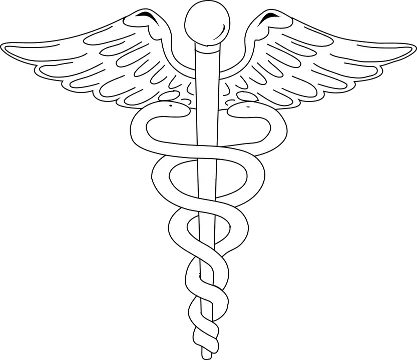Back pain and the opioid epidemic

The opioid epidemic has led many respected health groups to reconsider the value of a conservative approach to low back pain (the most common condition for which opioids are prescribed). Most notably, the American College of Physicians (ACP), the largest medical-specialty society in the world, updated its low back pain treatment guideline to support a conservative approach to care.
The ACP guideline cites heat therapy, massage, acupuncture and spinal manipulation as noninvasive, nondrug options for low back pain treatment. The guideline further states that only when such treatments provide little or no relief should patients move on to medicines such as ibuprofen or muscle relaxants, which research indicates have limited pain-relief effects. According to the ACP, prescription opioids should be a last resort for those suffering from low back pain, as the risk of addiction and overdose may outweigh the benefits. There are several simple strategies that can help to prevent the onset of back pain. Among them:
• Maintain a healthy diet and weight.
• Remain active — under the supervision of your chiropractor.
• Avoid prolonged inactivity or bed rest.
• Warm up or stretch before exercising or physical activities, such as gardening.
• Maintain proper posture.
• Wear comfortable, low-heeled shoes.
• Sleep on a mattress of medium firmness to minimize any curve in your spine.
• When lifting an object, lift with your knees, keep the object close to your body, and do not twist.
• Quit smoking. Smoking impairs blood flow, resulting in oxygen and nutrient deprivation to spinal tissues.
• Ensure that your workstation is ergonomically correct.
Presented as a service to the community by: Union County Chiropractic Clinic, 110 Skyline Drive, Maynardville, TN (865) 992-7000 www.unioncountychiropractic.com.
- Log in to post comments